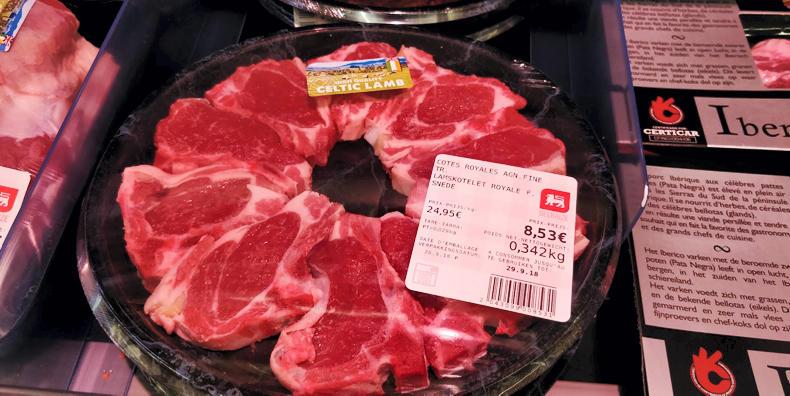Sheep meat production in the UK fell by 5.3% to 152,900t in the first seven months of this year compared with same period in the previous year, according to the latest EU Commission data. This equates to 14.7m lambs and sheep, which is just under 30% of the entire production of the EU.
Stable elsewhere
Elsewhere in the EU, production is stable with the exception of Spain, where there was a substantial increase to 9.8m lambs and sheep, producing 71,200t of sheep meat an increase of 4.9%.
Ireland killed just over 3m lambs and sheep in the seven months to the end of July 2018, producing just slightly more sheep meat (up 0.2%) than in the same period of the previous year.
France in this period showed a marginal increase at 50,800t of sheep meat, an increase of just under 1% from a kill of 4.2m lambs and sheep.
EU balance sheet
This forecast for EU sheep meat production in 2018 is that an estimated 886,000t will be produced in the EU with a market requirement estimated to be 1.03m tonnes, which makes the EU 91% self-sufficient in sheep meat.
New Zealand and Australia
The main supplier of this deficit is New Zealand, which by the end of July 2018 had shipped 120,170t of lamb to the EU which is a small increase on the 118,947t imported by the EU from New Zealand in the same period of 2017.
The only other supplier of significance to the EU market is Australia, which in the period up to the end of July had exported 12 449t to the EU, which was an increase of 23% on the same period in 2017 when 10,158t was despatched.
The explanation for New Zealand having such a huge share of the EU sheep meat market compared with Australia is because of quotas.
New Zealand has a 228,000t annual sheep meat quota for the EU market while Australia has just 19,100t quota.
Both Australia and New Zealand are currently engaged in a free trade negotiation with the EU and it is likely that there will be a demand for further quota access for both beef and sheep meat.
Interestingly, the departure of the UK from the EU has the potential to cause serious market disruption as it represents 30% of the EU’s entire production.






 This is a subscriber-only article
This is a subscriber-only article









SHARING OPTIONS: